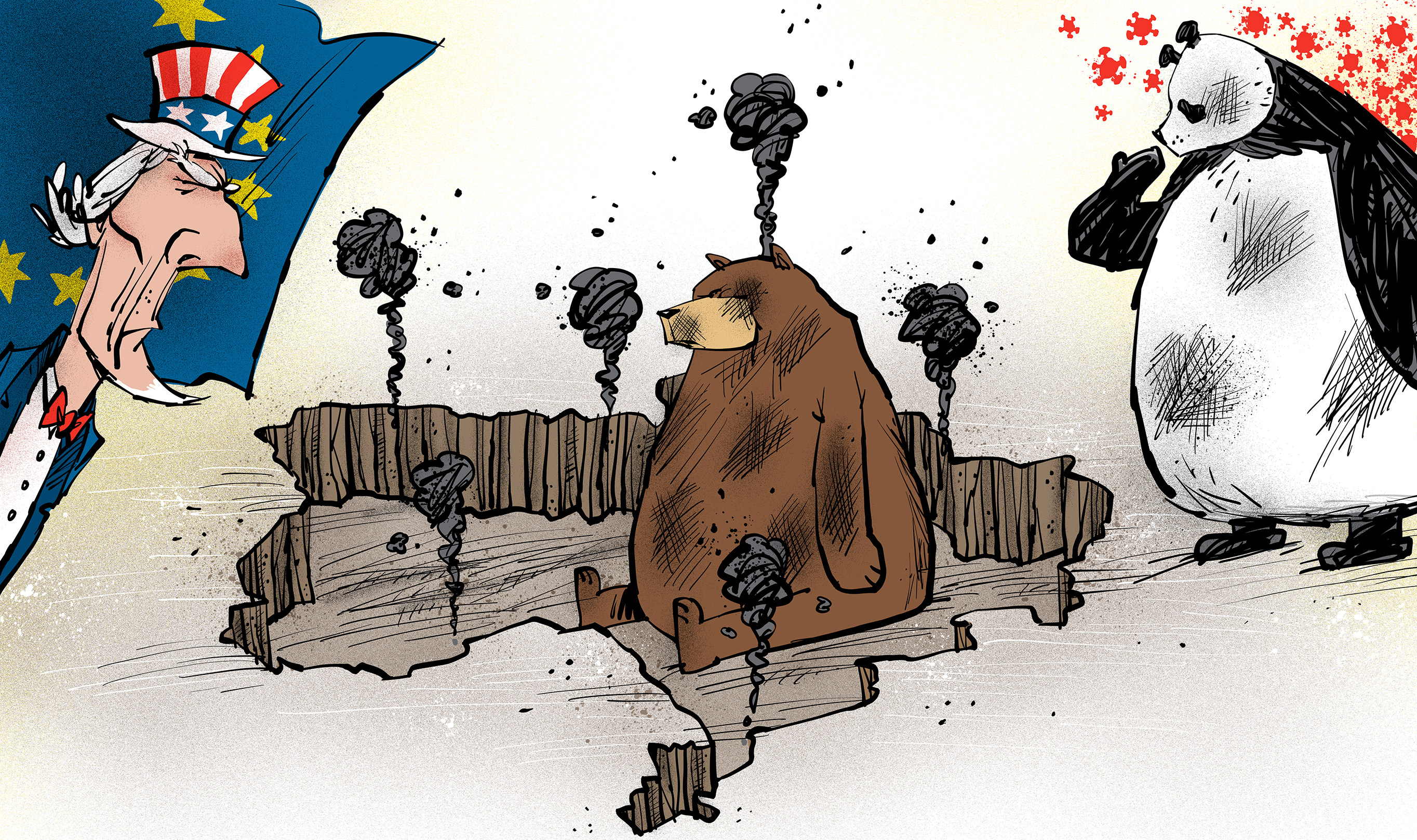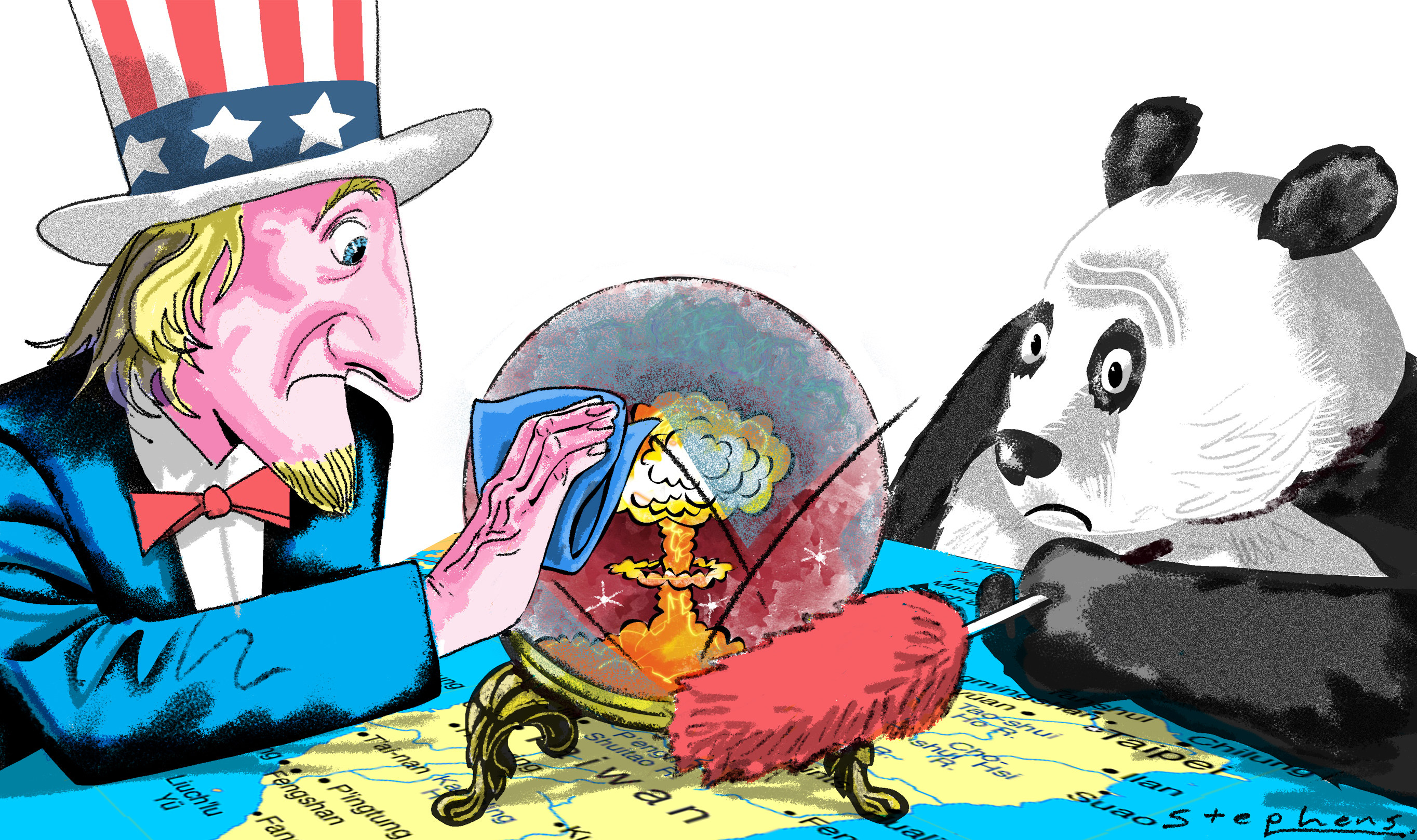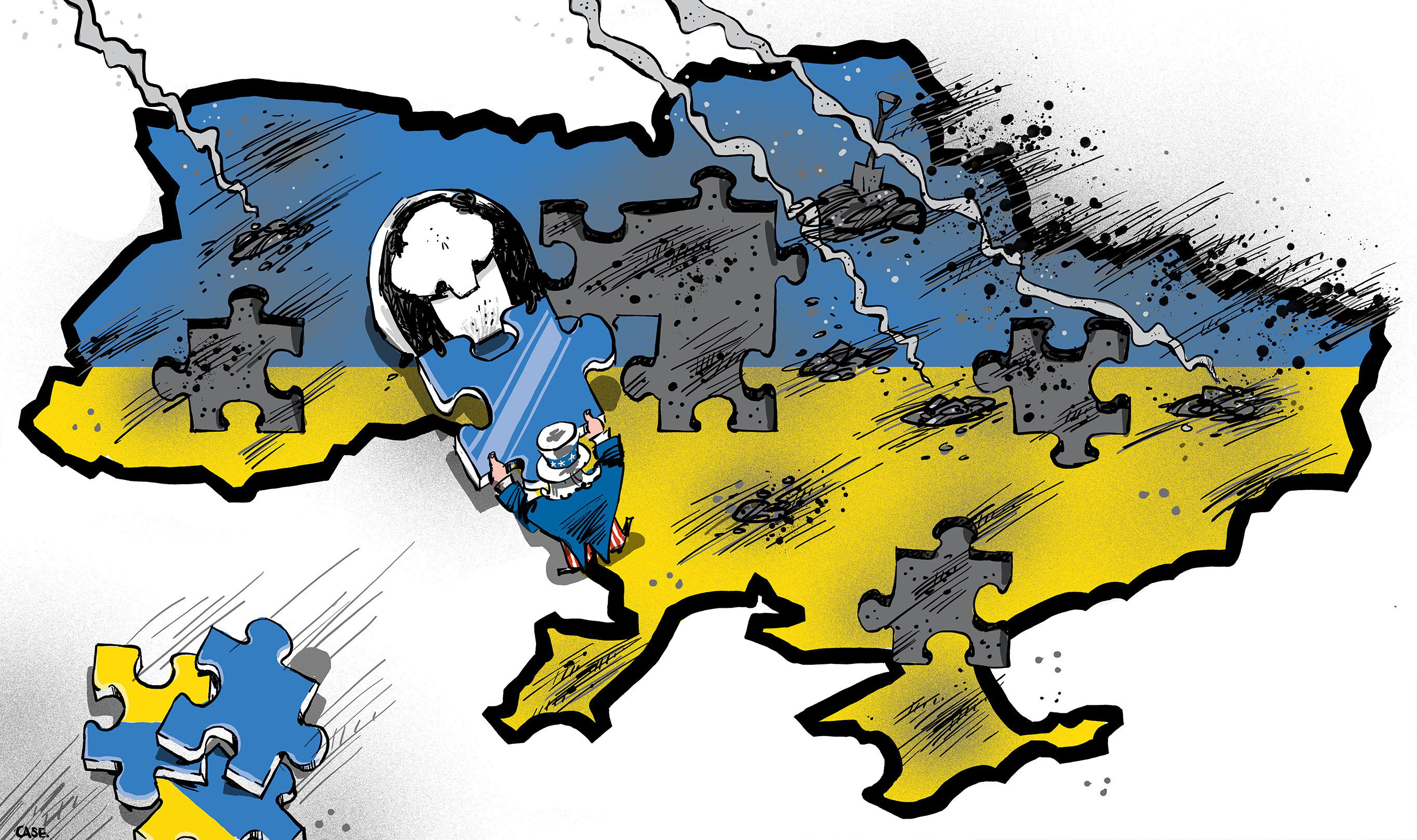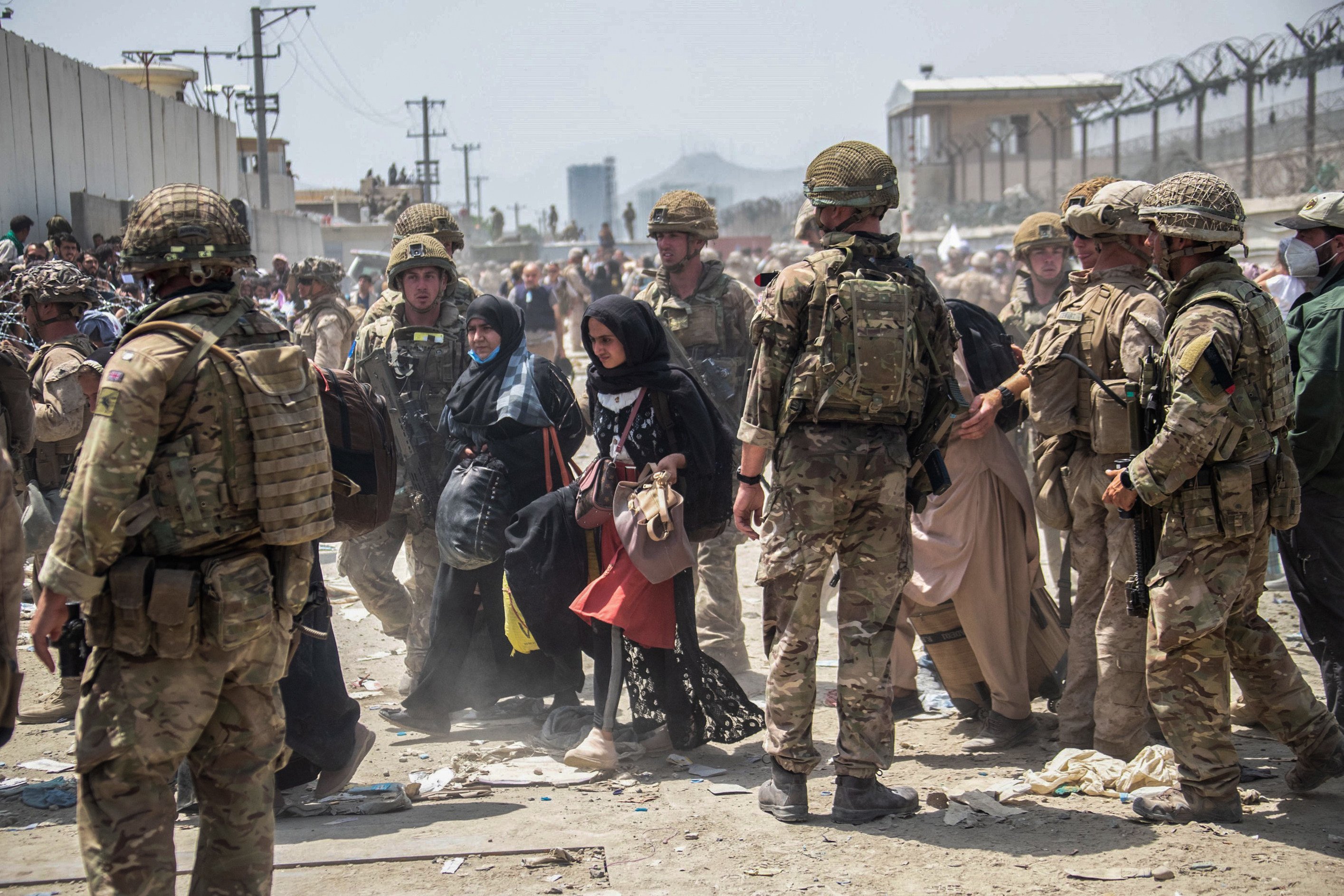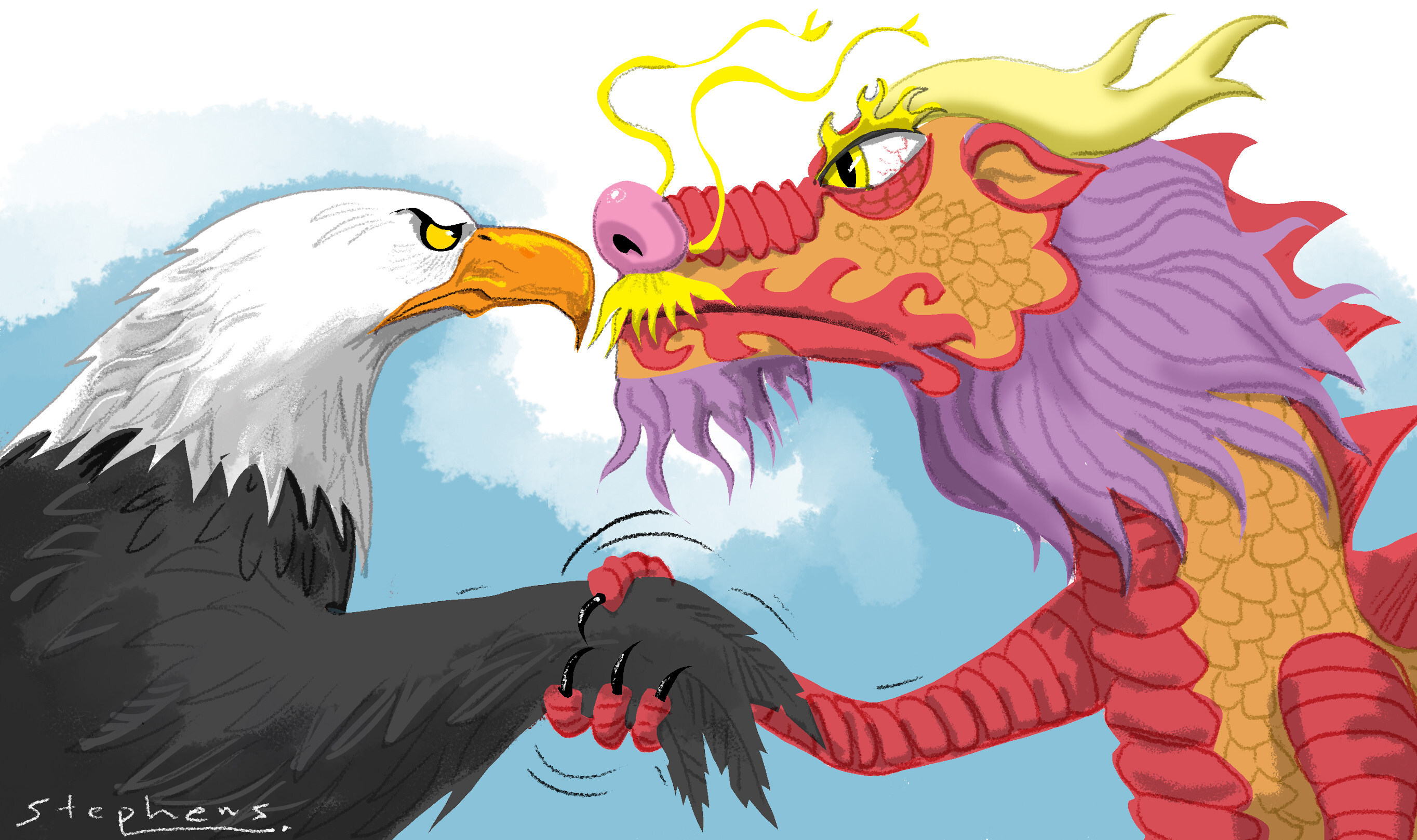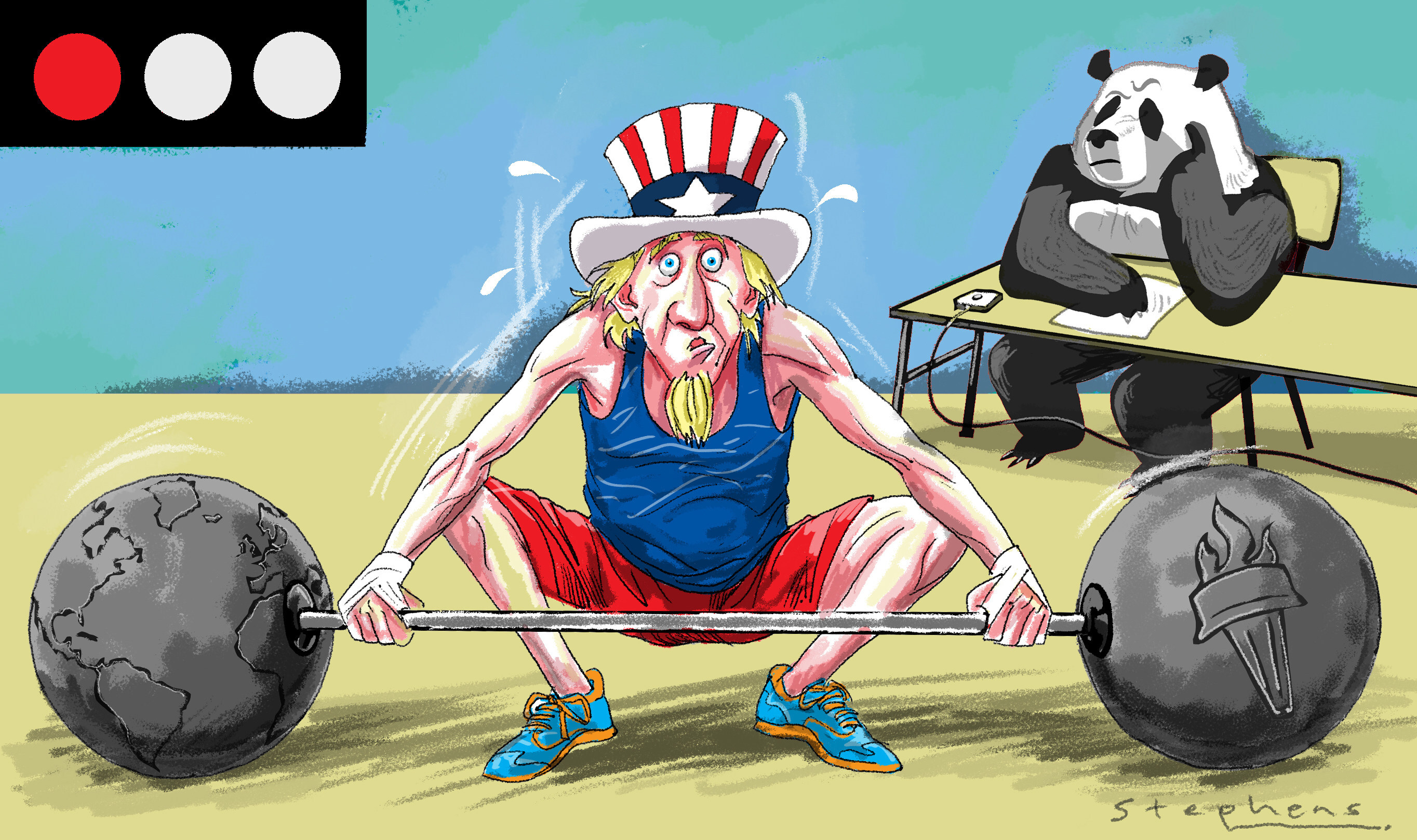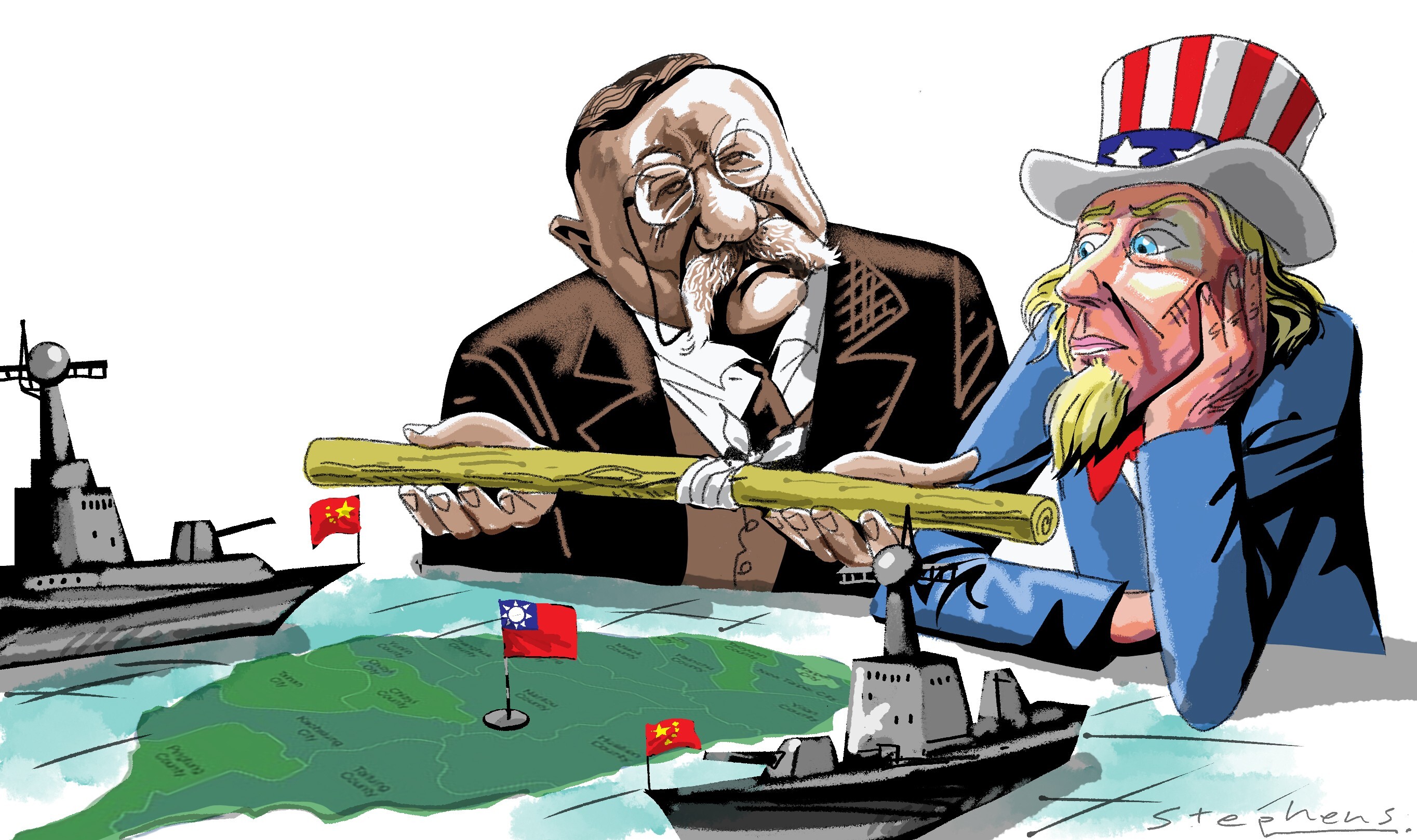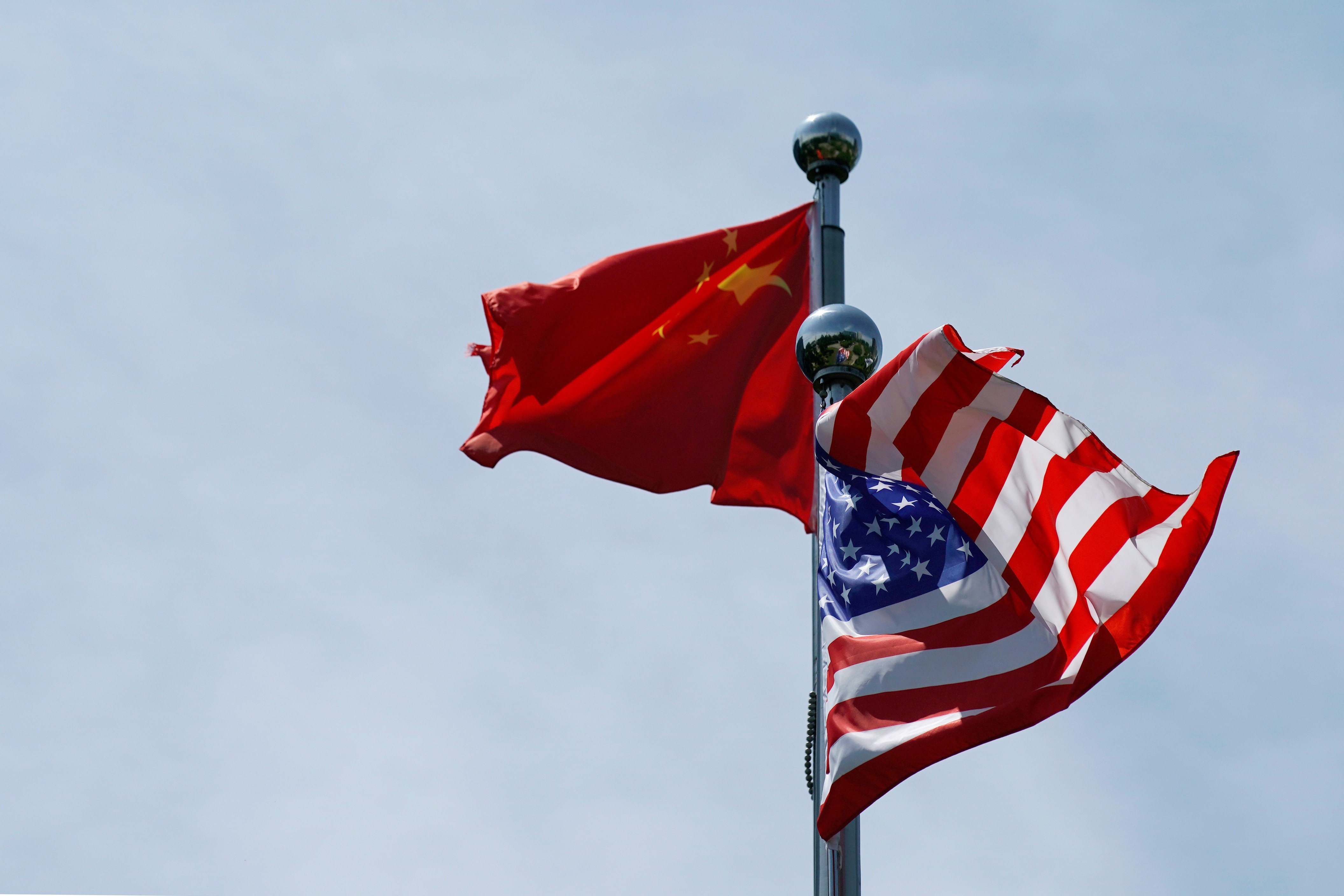
When Xi and Putin announced their no-limits relationship last February, it represented a real challenge to the faltering global dominance of the US. One disastrous year later, it is clear a diminished Russia will never be the partner China had hoped for.
Washington and Beijing need to focus less on who may be in decline and more on the tragic consequences of an armed clash as both sides define future policies towards Taiwan. Their goal should be an agreement to dial down the threat, as the US and Soviet Union did over West Berlin after years of constant crises.
With Russia isolated, China is left without an ally to challenge the US-led world order. However, Washington is in no position to provoke Beijing, either. What is needed is a return to cooperation; the task of rebuilding Ukraine once the war ends may provide a starting point.
America’s ‘failure’ in Afghanistan appears to confirm that it is in the throes of irreversible decline. However, on top of US military superiority, key economic indicators also show China still lacks the clout to challenge America’s global leadership.
Any US policy to either seek regime change or modify Chinese behaviour risks escalating the rivalry. Rather, a strategy of collaborative confrontation could serve as the foundation for stable relations, as it did for Britain and France in the 19th century.
Whether a response to a perceived decline in the US or in itself, China’s policies are increasingly aggressive, raising the threat of war. The US must take Chinese criticism on the nose and strengthen its democracy, society and ties with allies to peacefully show it is still a force to reckon with.
Instead of being an altruistic leader providing badly needed assistance during the pandemic, China’s bullying and coercion have damaged its global standing. America’s post-war dominance was built on the success of its plan to help Europe and Japan rebuild, behaviour that should be an example to China.
Any shift away from the current US policy of declaratory ambiguity will be highly dangerous and must be avoided. Instead, the US must repair its now fraying deterrent threat and build up its capabilities to mount such a defence
The lack of an ideological conflict or clear geopolitical point of contention, plus the presence of Covid-19, are differences that must not be overlooked. In fact, the looming threat of multiple waves of the coronavirus could ultimately see greater Sino-US cooperation.
China’s assertiveness is drawing comparisons with imperial Germany and raising the spectre of war with the US. To avoid a clash, China must stop challenging US allies in the South China Sea and avoid policies that confront vital US interests.
